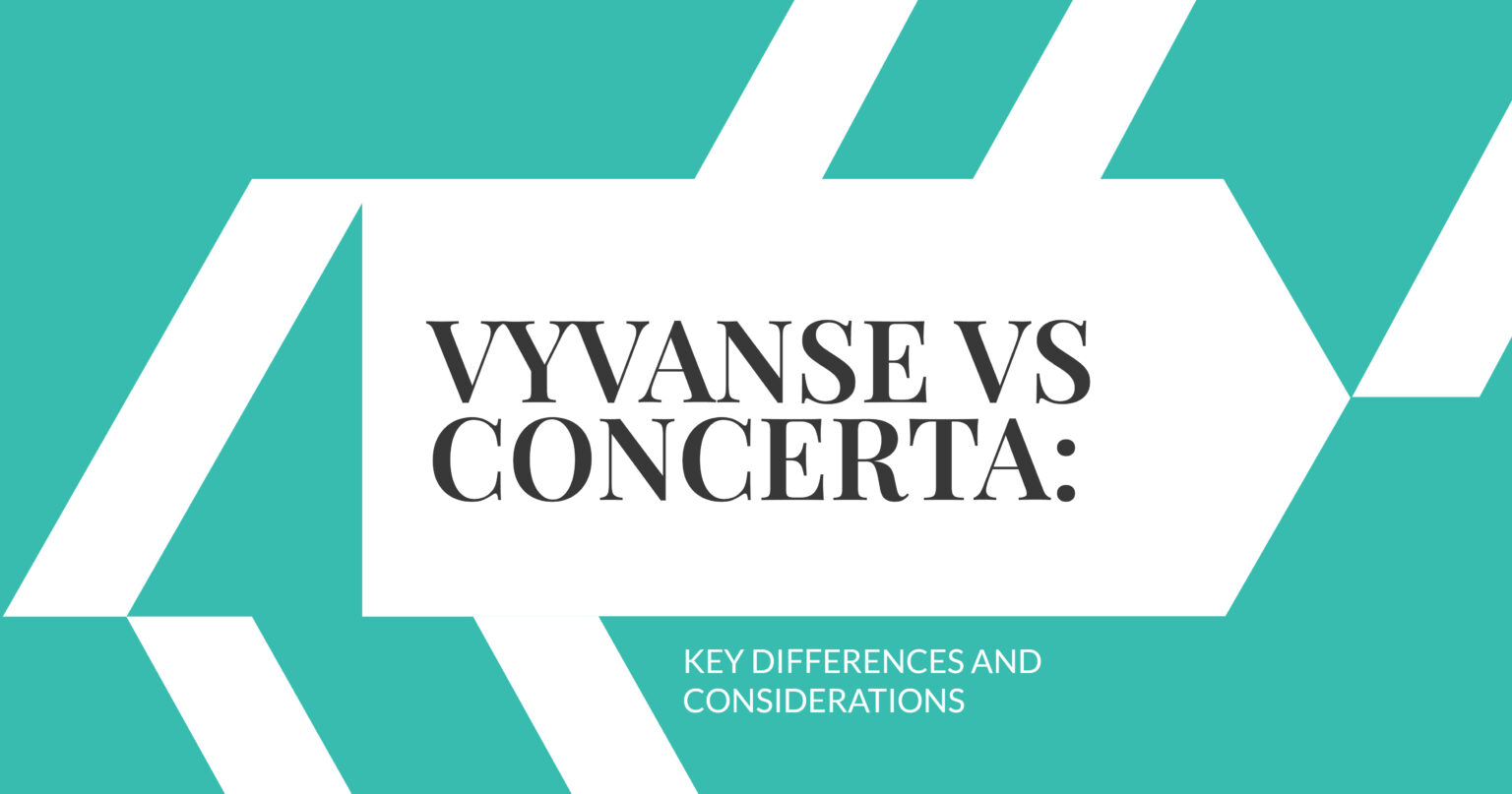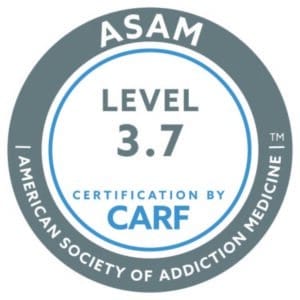Understanding Depression Cycles
Depression cycles refer to recurring periods of depressive episodes that vary in intensity and duration. People with depression often experience these cycles as part of broader depressive disorders or other mood disorders. Recognizing the symptoms and seeking appropriate treatment is essential for managing these cycles and improving daily life.

What Are Depression Cycles?
A depression cycle is a recurring pattern of depressive episodes. These episodes involve a range of symptoms, from persistent feelings of sadness to significant changes in energy levels and daily activities. People with depression often experience fluctuations in their mood and activity levels, which can disrupt normal activities and social interactions.
Depression cycles are common in conditions like major depression, bipolar disorder, and other mental health disorders. Identifying these cycles is crucial for effective treatment and long-term management.
Symptoms of Depression Cycles
Symptoms of depression cycles can vary widely, but common signs include:
- Persistent feelings of sadness: A prolonged feeling of sadness or emptiness.
- Loss of energy: A significant reduction in energy level, making daily activities challenging.
- Social isolation: Withdrawing from social activities and avoiding interactions.
- Sleep disturbances: Difficulty falling asleep, fitful sleep, or oversleeping.
- Lack of motivation: Struggling to find the drive to complete tasks.
- Changes in appetite: Eating significantly more or less than usual.
- Physical symptoms: Complaints of unexplained aches and pains.
Causes of Depression Cycles
Several factors contribute to depression cycles, including:
- Biological factors: Brain chemistry and chemical imbalances play a significant role in depression. Genetic factors, such as a family history of depression, increase vulnerability to depression.
- Hormonal factors: Changes during the menstrual cycle, postpartum period, and menopause can trigger depressive episodes in women.
- Psychological factors: Personality traits like low self-esteem and a history of trauma or stress increase the risk.
- Environmental factors: Stressful life events, such as family conflicts or financial difficulties, can initiate or worsen depression cycles.
- Medical conditions: Chronic conditions, such as diabetes or heart disease, are linked to higher rates of depression.
- Substance abuse: Drug misuse and recreational drug use can exacerbate symptoms of depression.
Types of Depression Cycles
Different types of depression involve various cycles. Some common types include:
- Major Depression: Involves severe symptoms that interfere with daily life and require long-term treatment.
- Bipolar Disorder: Characterized by alternating manic episodes and depressive episodes.
- Seasonal Depression: A form of depression related to seasonal changes, often treated with light therapy.
- Cyclothymic Disorder: Milder symptoms of depression and hypomanic episodes that last for extended periods.
- Premenstrual Dysphoric Disorder: Severe mood changes related to the menstrual cycle.

Impact of Depression Cycles
The consequences of depression cycles can be profound, affecting every aspect of a person’s life:
- Daily life: Difficulty maintaining normal activities, such as work and personal responsibilities.
- Social relationships: Strain on family and friends due to withdrawal and mood swings.
- Physical health: Increased risk of medical conditions due to neglect of a nutritious diet or adequate sleep.
- Mental health: Increased risk of co-occurring conditions like anxiety disorder, panic disorder, or post-traumatic stress disorder.
Treatment for Depression Cycles
Effective treatments for depression cycles involve a combination of medical and therapeutic approaches:
- Behavioral Therapy: Techniques like behavioral activation help individuals engage in positive daily activities.
- Interpersonal Therapy: Focuses on improving relationships and addressing social issues.
- Pharmaceutical Medication: Antidepressant medication and mood stabilizers can address chemical imbalances.
- Light Therapy: Useful for treating seasonal depression by mimicking natural sunlight.
- Healthy Lifestyle: Maintaining a healthy diet, getting adequate sleep, and managing stress are essential.
- Support Systems: Involving a mental health provider, faith leader, or support group improves outcomes.
Preventing Depression Cycles
While it may not always be possible to prevent depression cycles, certain strategies can reduce their frequency and severity:
- Early Intervention: Seek help at the earliest sign of symptoms.
- Mental Health Evaluation: Regular assessments by a health care provider can catch early symptoms.
- Realistic Goals: Setting achievable goals helps reduce feelings of overwhelm.
- Consistent Therapy: Ongoing therapy ensures sustained improvement.
- Healthy Habits: Regular exercise, a nutritious diet, and adequate sleep play vital roles.
FAQs About Depression Cycles
1. What are the main causes of depression cycles? Depression cycles can result from a combination of genetic, hormonal, psychological, and environmental factors. Stressful life events and medical conditions also contribute.
2. How do I know if I am experiencing a depression cycle? Common symptoms include persistent feelings of sadness, loss of energy, and changes in daily activities. Consulting a mental health provider can confirm the diagnosis.
3. Can depression cycles be treated effectively? Yes, effective treatments include behavioral therapy, antidepressant medication, and lifestyle changes. A mental health specialist can recommend the best approach.
4. Are depression cycles common in bipolar disorder? Yes, depression cycles are a hallmark of bipolar disorder, alternating with manic or hypomanic episodes.
5. How can I support someone experiencing depression cycles? Offer empathy, encourage them to seek help, and provide support with daily tasks. Contact a health care provider or hotline if they express suicidal ideation. Visit SAMHSA or contact us for more information.











